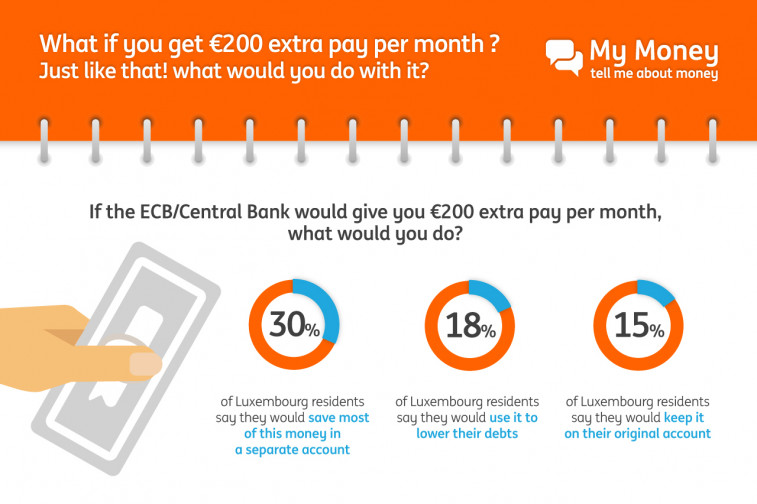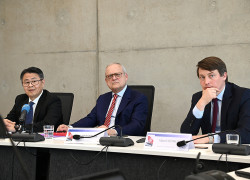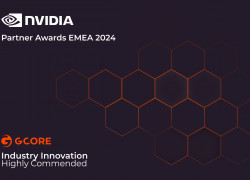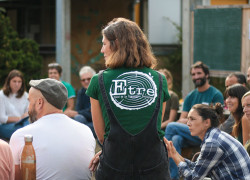According the ING International Survey special report on « helicopter money », 37% of Luxembourg residents think that receiving money from the central bank will not have any impact on the economy
What is helicopter money?
The term ‘helicopter money’ was first coined by the economist Milton Friedman in a 1969 paper entitled The Optimum Quantity of Money. It has been mooted by economists more recently as a step beyond Quantitative Easing, which some argue is more beneficial to the asset-wealthy.
The theory is that, with extra money to spend, or fewer taxes to be paid, households would consume more, boosting business activity and employment. Higher inflation expectations could also give consumers an incentive to consume.
Friedman envisaged directly distributing money to communities but other methods of monetary financing such as ‘direct deficit financing’, whereby money is used to finance government spending, or to fund infrastructure, are also possible.
The survey results for Luxembourg
If the European Central Bank would give €200 extra pay per month, less than a quarter (21%) of Luxembourg consumers surveyed said they would spend ‘most’ of the money, whereas this would be 26% amongst European consumers.
Nearly one third (30%) of the Luxembourg respondents said they would save most of this money in a separate account, 15% said they would keep it on their original account while 18% said they would use it to lower their debts.
When comparing between nationalities in the Grand Duchy, 13% of national residents and 8% of foreign residents said they would spend the money on necessary items (e.g. rent, mortgage, food, insurance), this is the opposite for non-necessary items, 9% of nationals and 13% of foreigners would be spending the extra pay on holidays, going out, etc.
Less than half (41%) of Luxembourg consumers think helicopter money would be a ‘good idea’, whereas 21% consider it a ‘bad idea’.
Ian Bright, senior economist at ING, commented:
“Despite the positive intention behind helicopter money, our research among consumers in Europe suggests that they would spend only a small part of the money handed to them. Both direct higher government spending or handing out time-limited spending coupons might be considered as alternatives, although our study did not test their potential effectiveness.”
Ian Bright will intervene during the 8th edition of the “Luxembourg Finance Summit” on 15 November 2016 with a presentation entitled “Consumer financial fragility and the next financial crisis”.
More information at eZonomics.com: https://www.ezonomics.com/ing_international_surveys/helicopter-money-2016/
Communiqués liés
2023 : une année de transition et de transformation
Lors de l’Assemblée générale qui s’est tenue le 24 avril 2024, les acti...
Cargolux posts profit for 2023
The Cargolux Group (Cargolux) generated a positive net result for its 2023 finan...
Gcore Recognised as Highly Commended in the Industry Innovat...
Gcore acknowledged for successful launch of first AI speech-to-text solution for...
MOMENTUM 2024 drives sustainable solutions forward
Deloitte’s annual MOMENTUM Conference fosters a dynamic exchange between indus...
Nouvelle recrue au service client de NO-NAIL BOXES : Nadine ...
NO-NAIL BOXES, le fabricant luxembourgeois de caisses pliantes en bois contrepla...
Réseau ETRE est le nouveau lauréat du Degroof Petercam Fou...
Réseau ETRE remporte la sixième édition du Degroof Petercam Foundation Award....
Il n'y a aucun résultat pour votre recherche







